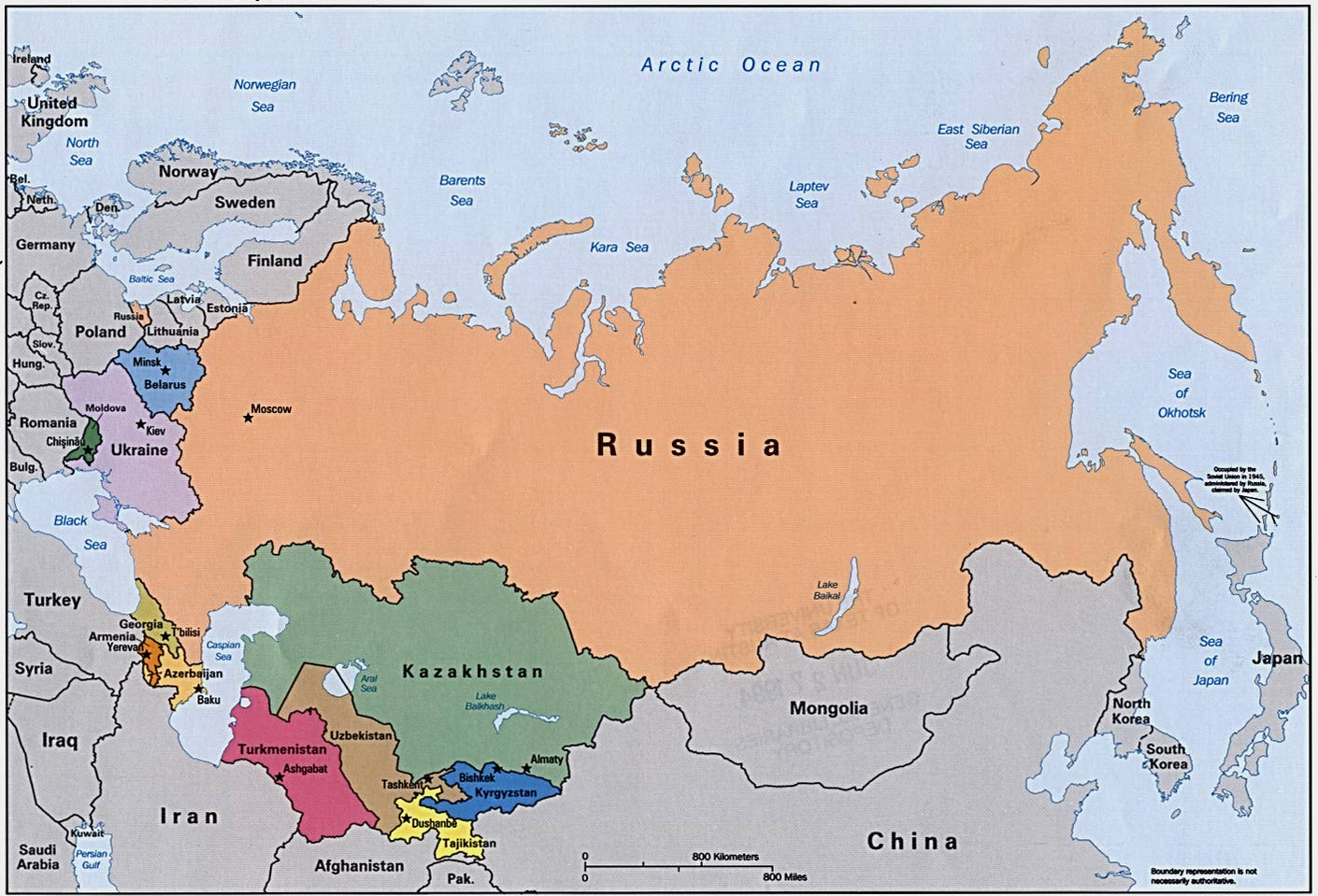Monday, February 12, 2018
Many European countries rely heavily on Russia for energy, especially natural gas. However, Moscow has used energy as an instrument of coercive diplomacy since the early 1990s, and these countries face potential exposure to Russian gas price and supply manipulation, according to an expert at Rice University’s Baker Institute
for Public Policy.
Gabriel Collins, the Baker Botts Fellow in Energy and Environmental Regulatory Affairs at the institute, recently discussed Russia’s use of energy to influence—and even coerce—European countries on the institute’s Policies Matter Podcast. Although it has not been widely successful to date in the former Soviet zone, Russia’s use of the “energy weapon” against Western European countries in various forms still constitutes a strategic threat that warrants close attention from policymakers in Washington and throughout Europe, Collins said.
“The current dataset lacks information on the most critical potential scenario for energy security planners and analysts: namely, what could happen if Russia targeted a larger country that, militarily and economically speaking, is systemically important to Europe?” he said.
“Ukraine and Georgia did not rise to this level, but Germany, which is poised to dramatically increase its intake of Russian gas through a direct bilateral linkage, does. In such cases, the target country’s economic importance and leadership role in Europe would potentially magnify the impact of tactical concessions and confer strategic importance on them.”
(SOURCE: The Weekly Propane Newsletter, February 12, 2018, published by BPN twice weekly.)
for Public Policy.

Gabriel Collins, the Baker Botts Fellow in Energy and Environmental Regulatory Affairs at the institute, recently discussed Russia’s use of energy to influence—and even coerce—European countries on the institute’s Policies Matter Podcast. Although it has not been widely successful to date in the former Soviet zone, Russia’s use of the “energy weapon” against Western European countries in various forms still constitutes a strategic threat that warrants close attention from policymakers in Washington and throughout Europe, Collins said.
“The current dataset lacks information on the most critical potential scenario for energy security planners and analysts: namely, what could happen if Russia targeted a larger country that, militarily and economically speaking, is systemically important to Europe?” he said.
“Ukraine and Georgia did not rise to this level, but Germany, which is poised to dramatically increase its intake of Russian gas through a direct bilateral linkage, does. In such cases, the target country’s economic importance and leadership role in Europe would potentially magnify the impact of tactical concessions and confer strategic importance on them.”
(SOURCE: The Weekly Propane Newsletter, February 12, 2018, published by BPN twice weekly.)

